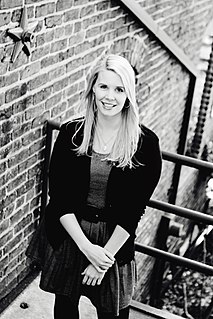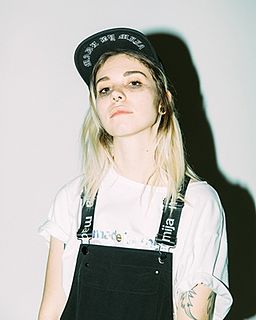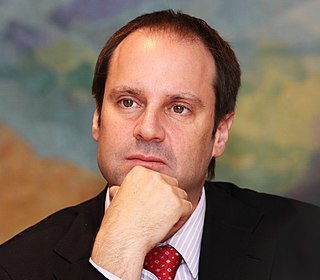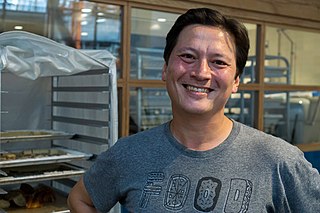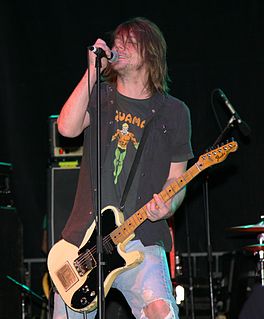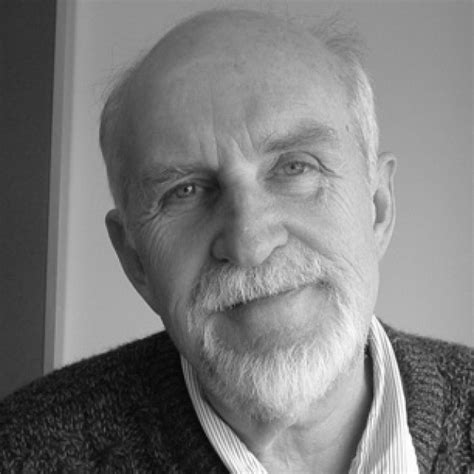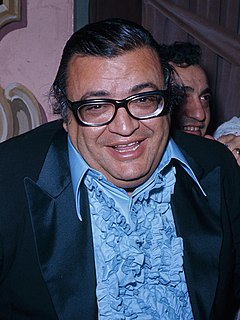A Quote by Sarah Hall
Various books revolutionised what I think about novels and showed me that they're not strict, formulaic things. 'Coming Through Slaughter' by Michael Ondaatje was one of them.
Related Quotes
I wanted to know what it was like to be a drug addict, and have an eating disorder, and have a loved one die, and fall in love. I saw my friends going through these things, I saw the world going through these things, and I needed to understand them. I needed to make sense of them. Books didn’t make me wallow in darkness, darkness made me wallow in books, and it was books that showed me there is light at the end of the tunnel.
One of the things that's exciting for me about this novel is that, to me, Brookland and The Testament of Yves Gundron were both, in certain regards, crypto-steampunk. They're both books that are interested in an alternate technological past that in fact didn't historically come to pass. If you were to ask me what my novels were about, I would say, well, these are novels about technology and how we relate to technology and what technology means.
My best experience as a writer was working with Michael Ondaatje. He let me dismantle his novel, reimagine it, and still had dinner with me and gave me good notes. But the best thing about writing has been the writer's life, the sense of being expressed, the ownership of the day, the entirely specious sense of freedom we have, however slave we are to some boss or other. I wouldn't trade it for any other life.


